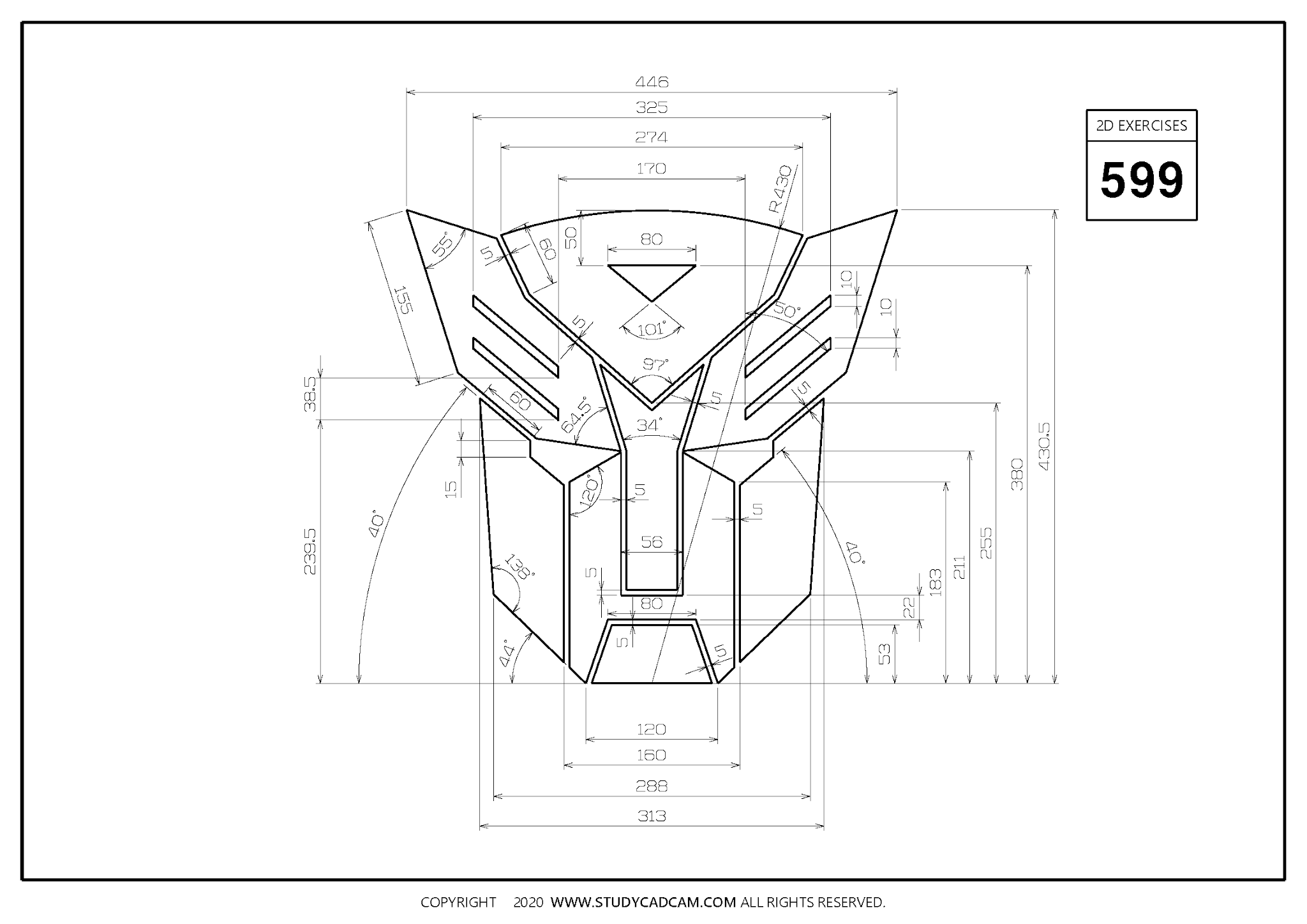Your Artistic Wake-Up Call: The Only Drawing Practice Guide You'll Ever Need
So you think you can't draw? Think again. Forget those stick figures from kindergarten – everyone has the potential to be an artist, but like anything worthwhile, it takes practice. And no, we’re not talking about doodling hearts on your notebook during math class (though we appreciate the dedication).
We’re talking about intentional practice with the right subjects, techniques, and, let’s be real, a little bit of good old-fashioned patience. Ever wonder why some people can sketch a perfect portrait on a napkin while you’re still struggling with stick figures? They’ve unlocked the secret: consistent practice with the right things to draw.
Think of it like learning a new language. You wouldn't expect to become fluent in French overnight just by watching Emily in Paris, would you? Drawing is the same. It’s a skill that grows with dedication and the right kind of practice. The good news? You don’t need to be a modern-day Michelangelo to start.
From mastering basic shapes to capturing the elusive human form, there’s a whole world of drawing exercises out there that can turn you from a doodling hopeful into a confident creator. So grab your pencils, unleash your inner artist, and let’s dive into the things to practice drawing that will take your art skills to the next level.
Ready to ditch those stick figures and unleash the inner artist you always knew was hiding inside? Buckle up because we're diving deep into the essential things to practice drawing, from beginner basics to pro-level techniques. Trust us, your sketchbook will thank you.
Advantages and Disadvantages of Practicing Drawing Regularly
| Advantages | Disadvantages |
|---|---|
| Improved Observation Skills | Time Commitment |
| Enhanced Creativity and Imagination | Potential for Frustration |
| Stress Relief and Mindfulness | Cost of Materials |
| Boosted Confidence and Self-Expression | - |
| Development of Fine Motor Skills | - |
Five Best Practices for Effective Drawing Practice
Ready to turn those doodles into masterpieces? Here are five golden rules for making the most of your drawing practice:
1. Embrace the Imperfect: Newsflash – even Da Vinci had to start somewhere. Don't aim for perfection right away. Embrace the wobbly lines and "mistakes" – they are proof that you're learning!
2. Schedule Dedicated Drawing Time: Consistency is key. Whether it's 15 minutes a day or an hour every other day, set aside time specifically for drawing, and stick to it!
3. Experiment with Different Mediums: Don't be afraid to break free from the standard #2 pencil. Explore the world of charcoal, pastels, colored pencils, or even digital art apps. Each medium offers a unique experience and can push your creative boundaries.
4. Seek Feedback (and Don't Take it Personally!): Sharing your work can be intimidating, but it’s crucial for growth. Find a supportive online community or local art group and ask for constructive criticism. Remember, it's not about tearing you down, but helping you improve.
5. Celebrate Your Progress: Take a step back every now and then and acknowledge how far you've come. Keep your early drawings and compare them to your current work. You'll be amazed at the progress you've made!
Eight Burning Questions About Drawing Practice, Answered
Q: I can barely draw a straight line. Is there any hope for me?
A: Absolutely! Everyone starts somewhere. The ability to draw is a skill, not some magical talent bestowed upon a select few. With patience, practice, and the right guidance, anyone can learn to draw.
Q: What are the best things to practice drawing as a beginner?
A: Start with the fundamentals: basic shapes (circles, squares, triangles), lines, and simple objects like fruits, cups, or leaves. These foundational elements will help you understand perspective, proportion, and light and shadow.
Q: How often should I practice drawing?
A: Consistency is key. Even 15-30 minutes a day can make a big difference. The more you practice, the faster you'll see improvement.
Q: What if I don't have a lot of time for drawing practice?
A: Life gets busy, we get it. But even short bursts of practice can be beneficial. Try keeping a small sketchbook and pencil with you and doodle during your lunch break, commute, or while waiting for an appointment.
Q: I'm feeling discouraged. How can I stay motivated to keep drawing?
A: It’s normal to hit a plateau or feel frustrated sometimes. Focus on the process, not just the outcome. Celebrate small victories, experiment with new techniques, and remember why you started drawing in the first place.
Q: What are some good resources for finding drawing inspiration?
A: Look around you! Inspiration is everywhere – from everyday objects to nature's intricate details to the bustling streets of your city. You can also find a wealth of inspiration online through platforms like Pinterest, Instagram, and art communities like DeviantArt.
Q: Is it better to take drawing classes or learn on my own?
A: Both options have their merits. Classes provide structured learning, expert feedback, and a supportive community. Self-learning offers flexibility and the freedom to explore at your own pace. The best approach depends on your learning style, budget, and time commitment.
Q: What's the most important advice for aspiring artists?
A: Never stop creating! The journey of an artist is ongoing, filled with both triumphs and setbacks. Embrace the process, be kind to yourself, and never give up on your passion for art.
So there you have it – your crash course in the things to practice drawing and why it’s the key to unlocking your inner artistic genius. Remember, the journey of a thousand masterpieces begins with a single stroke. Grab your pencils, embrace the journey, and get ready to watch your artistic abilities soar.
Finding serenity with benjamin moore cloud white
Unveiling the mystique cool fantasy last names male
Dive into the d exploring the world of games that begin with d














